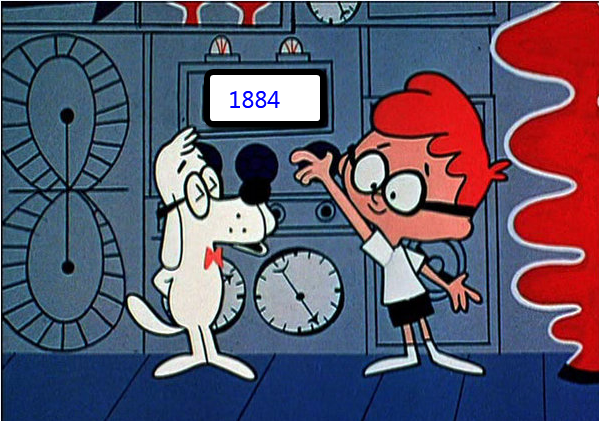It’s a blunt New York Times headline about a story that — here is the horror of it all — focused on German bureaucrats doing what governments pay bureaucrats to do, which is plan things.
Read this headline without shuddering: “80 Years Ago the Nazis Planned the ‘Final Solution.’ It Took 90 Minutes.”
Actually, the death squads of the Third Reich were already at work. The following summary material makes that clear:
The host on that January day in 1942 was Reinhard Heydrich, the powerful chief of the security service and the SS, who had been put in charge by Hermann Göring, Hitler’s right-hand man, of a “final solution” and coordinating it with other government departments and ministries.
The men Heydrich invited were senior civil servants and party officials. Most of them were in their 30s, nine of them had law degrees, more than half had Ph.D.s.
When they convened around a table overlooking Lake Wannsee, the genocide was already underway. The deportations of Jews and mass killings in eastern territories had begun the previous fall but the meeting that day laid the groundwork for a machinery of mass murder that would involve the entire state apparatus and ultimately millions of Germans in different roles.
Here is my question and, I will admit, that there is more to it than mere journalism. Is it possible to write about this subject in a way that does not discuss evil with a Big E?
I’ve been thinking about that question ever since I read historian John Toland’s “Adolf Hitler: The Definitive Biography.” That’s a 1,000-page classic that will earn you some stares as you read it, day after day, on mass transit. The key was that Toland interviewed many, many people who knew Hitler at different stages of his life. Thus, as the 1976Times review put it, the author allowed readers to “draw their own conclusions about what made Hitler as he was, ‘a warped archangel, a hybrid of Prometheus and Lucifer.’ “
In the end, however, Toland was forced to contemplate how a symbolic element of the Holocaust rulebook — “the choice” — was an offense to German efficiency.










